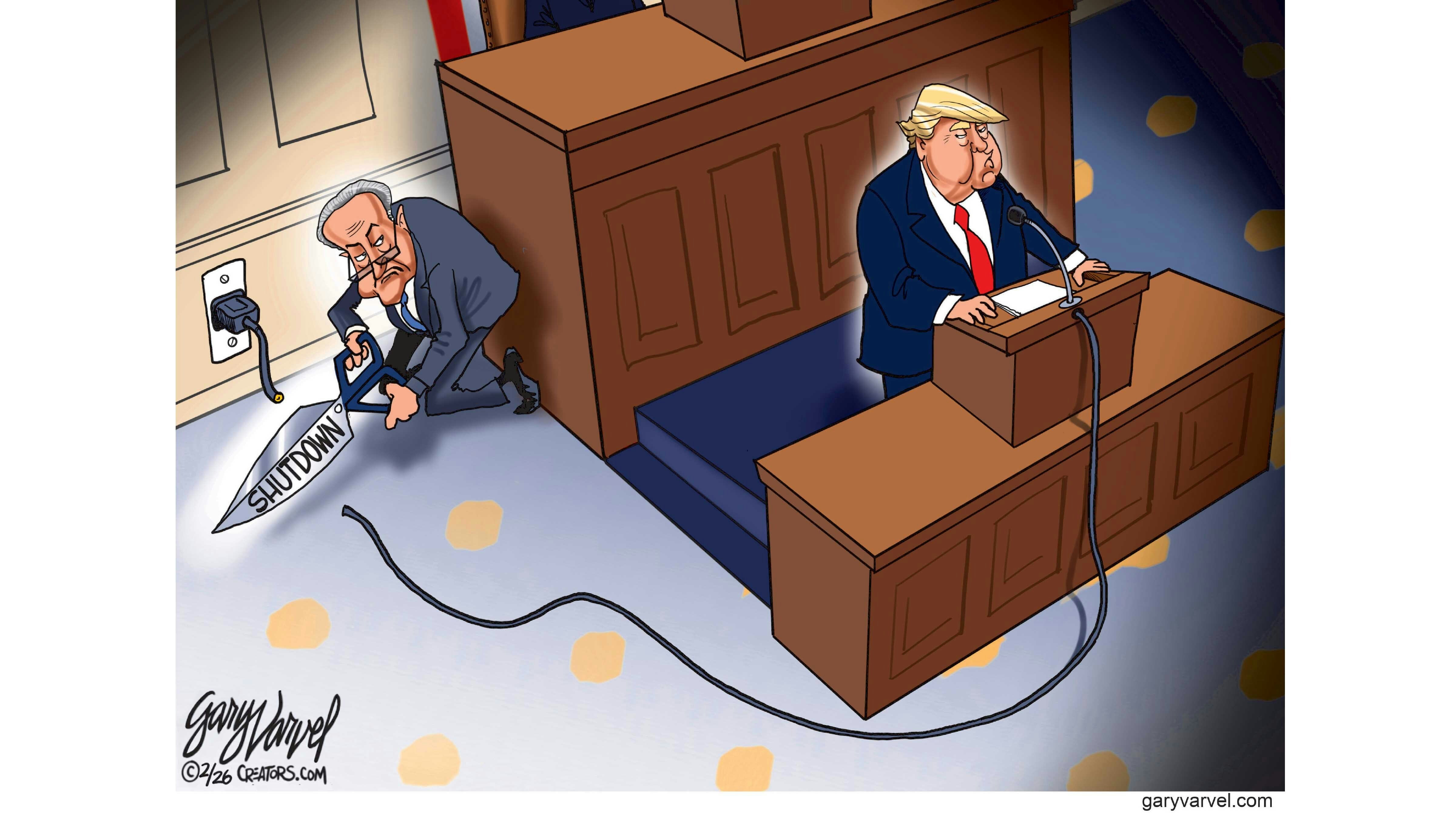A request to block Gov. Mark Gordon from appointing a new superintendent of public instruction was denied by a federal judge Thursday.
Judge Scott Skavdahl denied a request from 16 individuals to stop Gordon from naming a new superintendent from a list of three nominees sent to him by the central committee of the Wyoming Republican Party.
The request was filed with a lawsuit challenging the constitutionality of the system used by the central committee to select the nomineees.
To win a temporary restraining order, the group had to prove it would suffer harm if Gordon had been allowed to proceed with the process to name a successor to Jillian Balow or that it would likely win its lawsuit. Skavdahl said the group failed to meet that burden of proof.
“Plaintiffs have not demonstrated any irreparable harm,” Skavdahl wrote. “Having considered the plaintiffs’ motion and complaint, the defendants’ responses and plaintiffs’ reply, the court finds the motion for a temporary restraining order … should be denied.”
The lawsuit stems from the selection of a successor to Balow, who resigned as superintendent earlier this month to take a similar job in Virginia.
Under state law, Gordon has until midnight Thursday to select a person to finish out Balow’s term — which ends in January 2023 — from a list of three nominees submitted by the GOP central committee.
The committee, made up of three representatives from each county, voted Friday to select three nominees from a field of 12 candidates.
However, the process was challenged by the bipartisan group, which claimed that by giving each county three votes in the process, counties with smaller populations would have a disproportionately large influence in the decision. The lawsuit alleges the process is a violation of the equal protection clause of the U.S. and Wyoming constitutions and of the concept of “one man, one vote.”
Proceedings on the lawsuit itself will continue even though the request for the temporary restraining order was denied.
To obtain a temporary restraining order in such a case, the party requesting the order must prove, among other things, it is likely to win its lawsuit and that it will be damaged in some way if action is not halted.
Skavdahl found that the group filing the lawsuit proved neither point.
“Plaintiffs cannot demonstrate a likelihood of success on the merits because the case law does not support their position,” he wrote. “Additionally, plaintiffs have failed to establish irreparable injury.”
The idea that the naming of a replacement will cause irreparable harm is erroneous, Skavdahl wrote, because voters will have the opportunity in November to re-elect or remove from office anyone appointed to the position.
“Irreparable harm seems unlikely because all Wyoming voters will have an opportunity to elect a new superintendent of public instruction in November 2022 — the governor’s appointment only fills the position for nine months,” he wrote.
In addition, the group has not submitted legal arguments that support its claims, Skavdahl said. He noted again that the “one man, one vote” rule will be adhered to in November’s general election.
“If voters feel their vote is diluted and are unhappy with the governor’s appointment (or the three nominees submitted to the governor), voters have the opportunity to cast a ballot in the next general election, when their votes are counted in compliance with ‘one man, one vote,’” he wrote.





